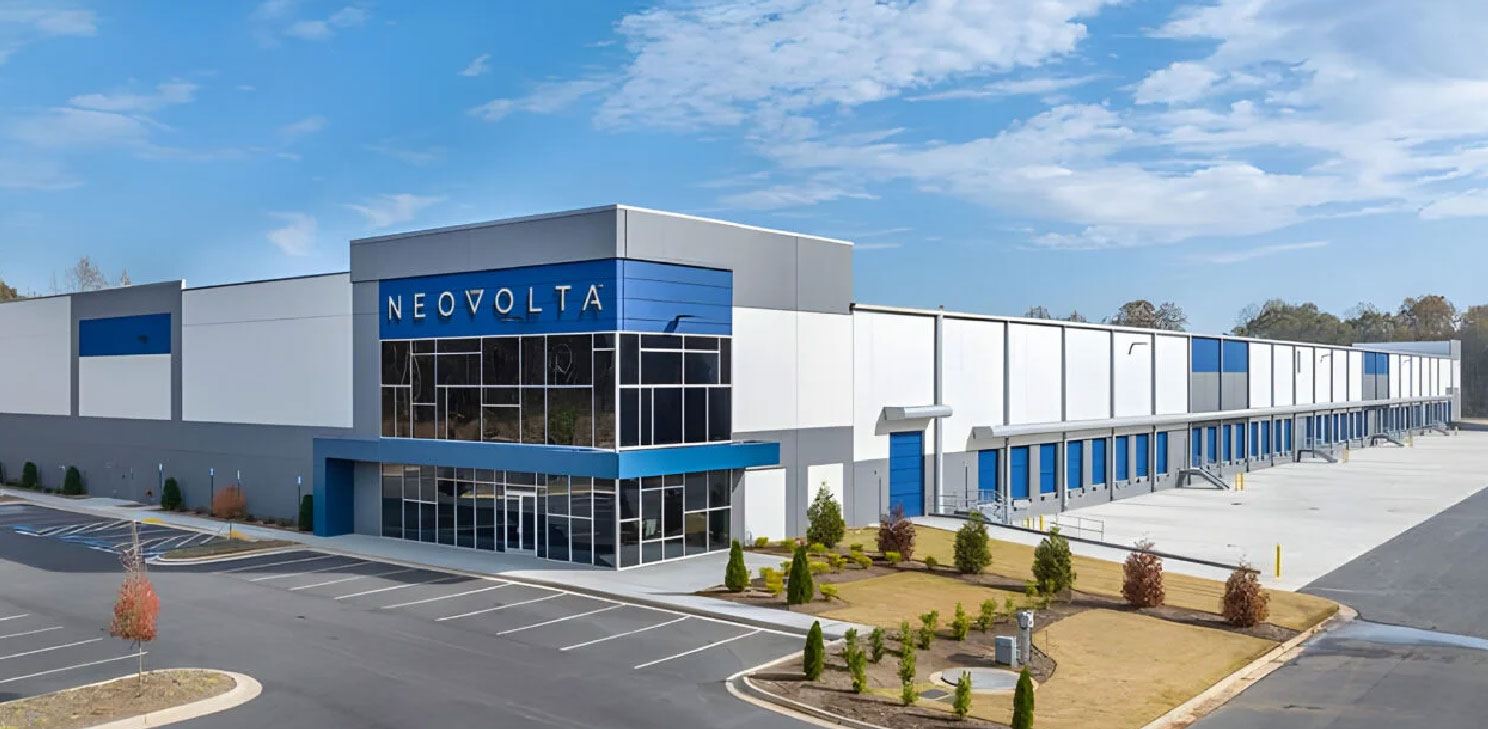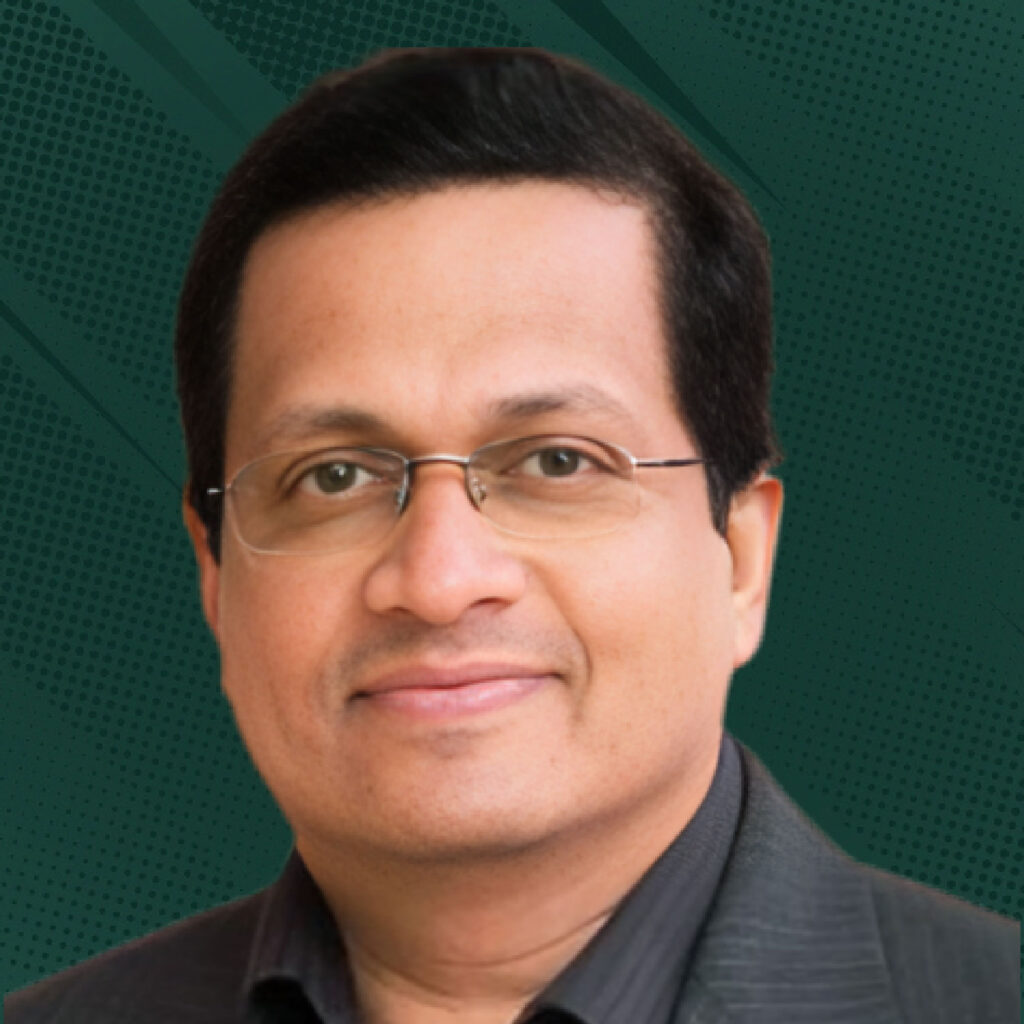Purdue University will be joining Innovatrix as one of our exhibitors at the upcoming DZOM EXPO taking place at the Donald E. Stephens Convention Centre in Chicago, IL, on December 3–4, 2024.
Purdue University is a vast laboratory for discovery. The university is known not only for its science, technology, engineering, and math programs, but also for its imagination, ingenuity, and innovation. Academically, Purdue’s role as a major research institution is supported by top-ranking disciplines in pharmacy, business, engineering, and agriculture.
Andrea Vacca, Faculty Chair of the Maha Fluid Power Institute at Purdue University will be giving a presentation titled ‘Hydraulic control systems for battery operated vehicles’ and discuss opportunities for increasing energy efficiency of current fluid power systems, additional requirements for hydraulic components in the context of electrification and a research example. Andrea is the director of the Maha Fluid Power Research Center, the largest academic center dedicated to fluid power research in the U.S. His main research interest is to advance fluid power technology, spanning from component design and modelling, to the formulation of innovative system architectures. In 2019 he also received the J. Bramah medal from the Institution of Mechanical Engineers.
Maha Fluid Power Research Center hosts cutting-edge research in hydraulics and fluid power. From computer modeling of pumps and motors, to experimental verification on real-world equipment, every aspect of fluid power and motion control is explored at Maha.
Multics: Multi-domain modeling of Pumps & Motors
Multics is a cross-platform, multi-physics modelling software for positive displacement machines. It enables rapid design assessment and optimization. Multics simulates the operation of hydraulic pumps/motors, combining multiple domains of study, such as:
- Micromotions & deformations of internal parts
- Power losses in lubricating films
- Leakage flows and temperature
- Fluid aeration & cavitation
Pumps & Motor Novel Designs
Variable displacement gear machine: a unit that is usually fixed displacement converted to variable displacement. Maha has been contributing towards innovative designs in pumps and motors, to meet different technology trends:
- New feature introduction
- Energy efficiency improvement
- Optimal operating range expansion
- Noise emissions reduction
- Pump electrification: ePump
Noise Control & Acoustics
Research activities in this area aim to understand the sources of noise within hydraulic pumps and systems to provide solutions for quieter technology. The analyses include all relevant domains of Fluid Borne Noise (FBN), Structure Borne Noise (SBN), and Airborne Noise (ABN). Activities mainly focus on positive displacement machines, where the in-house Multics simulation tool is used to replicate the measurements gathered from the Maha Sound Chamber.
High-Efficiency Hydraulic Actuations
Activities at Maha encompass drive cycle analysis application, to the formulation, simulation, and testing of novel solutions that improve energy efficiency. New actuation technologies studies at Maha have included:
- Pump displacement control (DC)
- Hydraulic hybrids
- Multi-pressure rail systems
- Electronic load sensing
- Independent metering actuation
Electrification of Fluid Power Systems
This area of research relates to new concepts for fluid power systems and components suitable to electric-powered applications, such as battery operated vehicles. Compared to conventional engine-driven systems, such applications require a more energy-efficient, compact, and integrated system that can meet the power characteristics of electric prime movers.
Active Vibration Damping & Traction Control
This area of research aims at increasing the operator’s comfort and machine controllability by proposing solutions for reducing machine vibrations. Several solutions for Active Ride Control have been proposed, which uses the working hydraulics with advanced electro-hydraulic control techniques. Intelligent traction control systems have been developed for off-road vehicles to ease the operator effort and reduce tire wear. Considering the Maha mid-size wheel loader, introduced control strategies achieved wheel slip reduction up to 73%, fuel economy improvement up to 5%, and an increase in pushing force up to 60%.
Fluid Property Modeling & Cavitation Analysis
Research on fluid properties of hydraulic fluids complements Maha’s effort of formulating techniques for accurate modeling of hydraulic components and systems. This area of research includes the following topics:
- Modeling and experimentation of cavitation and aeration
- Modeling properties of non-Newtonian fluids used in hydraulic components
- Modeling fluid properties affecting friction in hydraulic components
Condition Monitoring of Hydraulic Systems
Maha hydraulic crane unfolding with condition monitoring algorithm for counterbalance valves
Maha condition monitoring (CM) activities focus on both diagnostic and prognostic analyses of hydraulic control systems. Researchers have implemented a variety of CM algorithms and techniques in both simulation and on reference vehicles to monitor the health status of main hydraulic components.
Machine Learning Applied to Fluid Power
Maha researchers use machine learning neural networks to speed up elastohydrodynamic lubrication (EHL) simulations. A convolutional neural network (CNN) was demonstrated to accurately predict the steady-state pressure distribution in a journal bearing, considering pressure deformation and cavitation. Compared to the traditional numerical method, the proposed CNN is 250 times faster. Similar neural network approaches are being developed to implement in pump and motor kinematics and lubricating interface simulations.
To contact the Maha Fluid Power Institute at Purdue University to discuss their off-highway vehicle solutions with them, click here.
To visit Booth #432 and meet with Purdue University, attend talks from industry leaders and network with peers at our upcoming event in Chicago.
For more information, visit our website or email us at info@innovatrix.eu for the event agenda.















